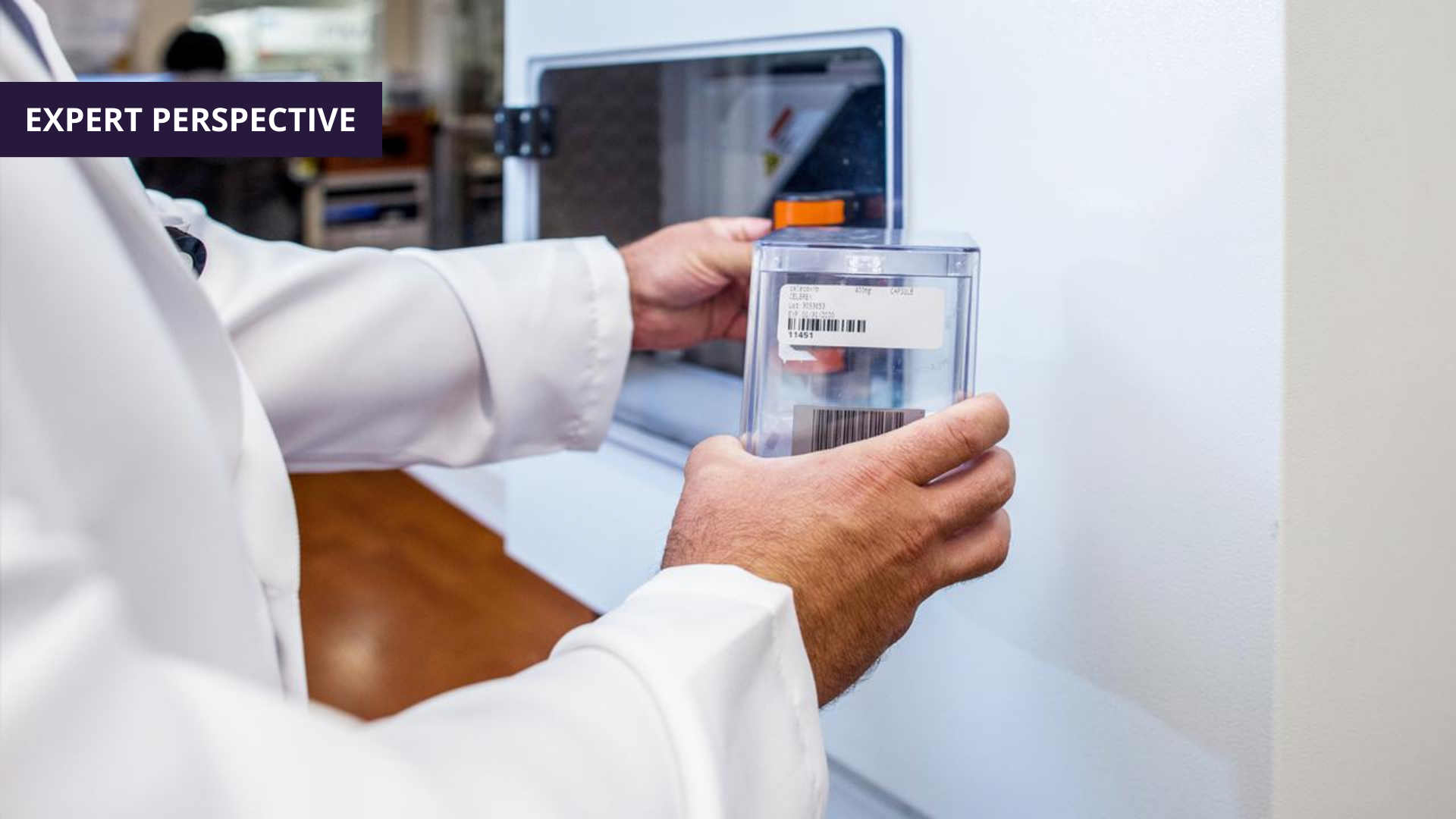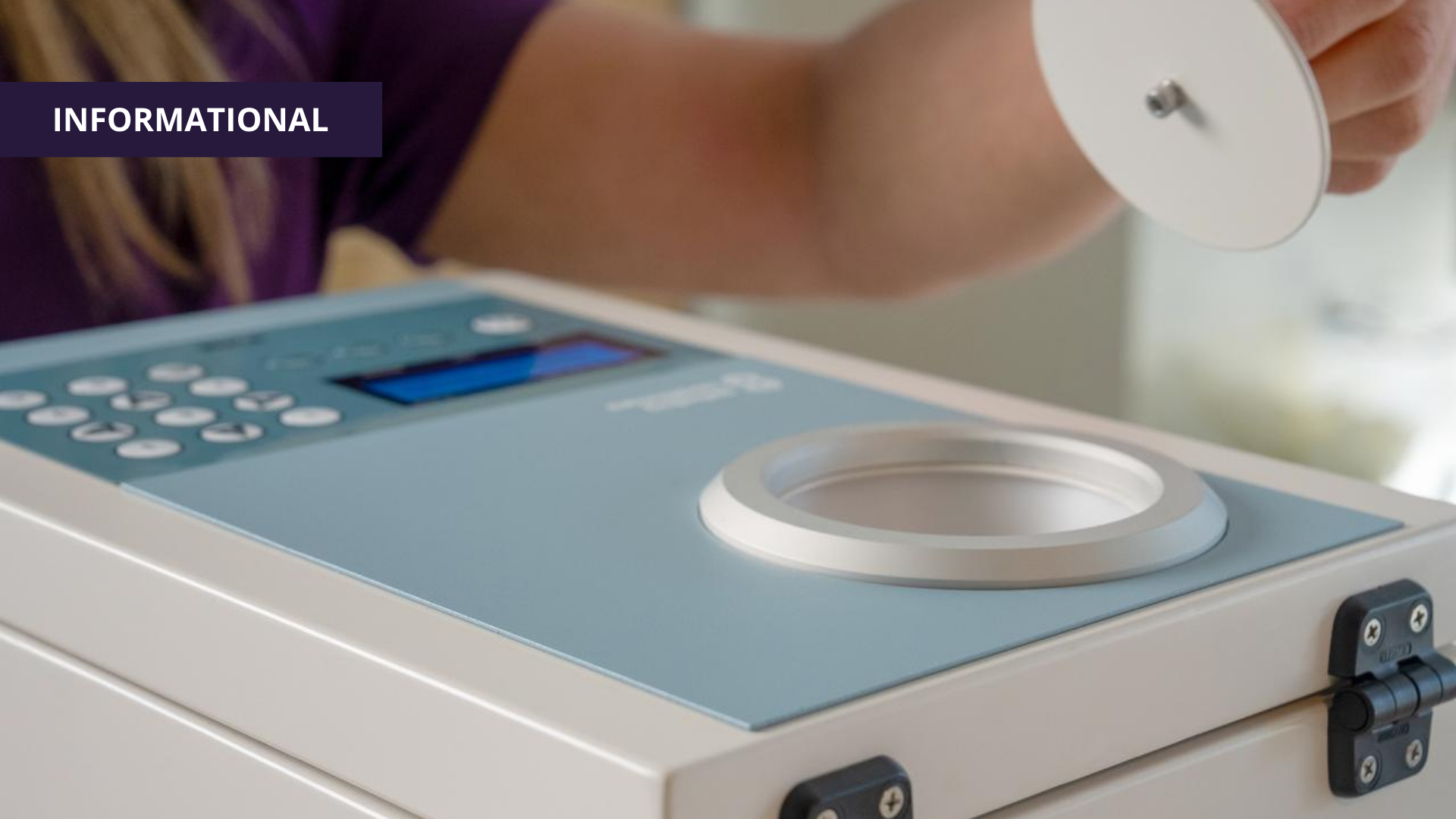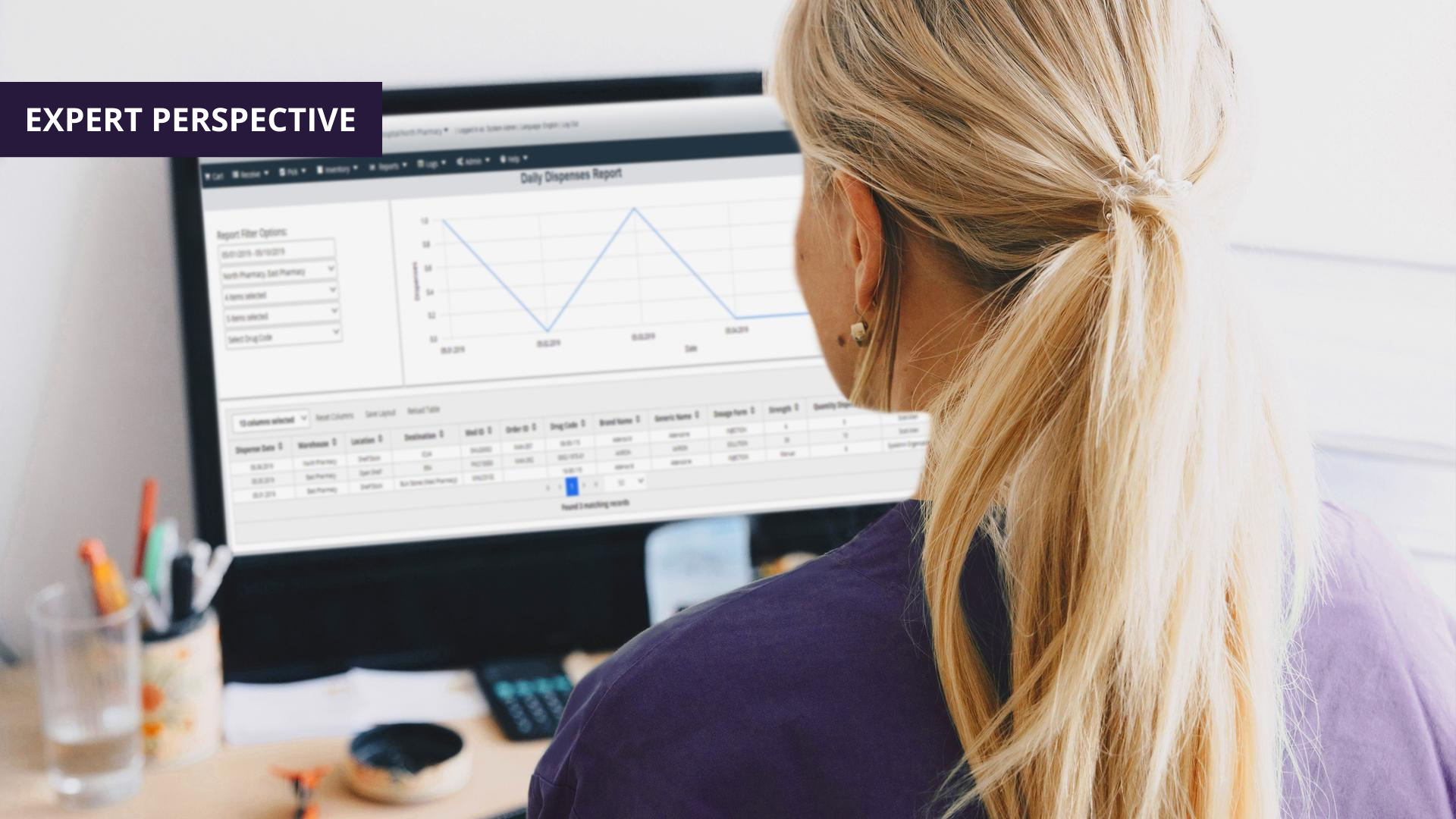Are Your Hospital Pharmacy KPIs Optimizing Performance?

KPIs Are Essential For Operations
Key Performance Indicators (KPIs) are essential to organizations as a way to determine the efficacy of various systems, processes, and employee performance. KPIs can also play a major role in hospital operations to enable management to gauge current conditions and identify where improvements can be made. They can also be used to determine how day-to-day operations affect patient care.
KPIs are valuable in gauging the performance of not only personnel, but the systems they depend upon to support their work. The critical processes of ordering, stocking, packaging, and dispensing of medications require a high level of efficiency. Some hospitals continue to use pharmacy technicians to handle much of these processes. Others are automating them with platforms that use robotics and software to bring badly needed accuracy and speed to the back-end process of medications management.
Hospital Pharmacists Can Improve Their Use of KPIs in Their Pharmacies
Keeping track of the efficiency of hospital pharmacies requires a dedicated effort, one that can benefit from creating and monitoring KPIs. The National Institutes of Health (NIH) explored the results of a study that looked into how hospital pharmacists use KPIs to measure the effectiveness of their pharmacies. It noted that while there are implementation guidelines for clinical pharmacy services which “emphasize enhancing the rational and secure use of drugs” they do not include specific indicators to assess the quality of those services. Furthermore, it found that KPIs are primarily created by the hospital pharmacists without input from other stakeholders.
Based on the issues revealed in the study, hospital pharmacies should work towards improving in these areas:
- Include physicians, nurses and other healthcare workers to develop a more robust set of KPIs.
- Evaluate the impact of each KPI on patient outcomes and adjust accordingly.
- Establish clear performance benchmark values as a reference point for each KPI.
- Work towards establishing stakeholder consensus as to the use and value of the KPIs.
KPIs Help Hospitals Optimize the Efficiency Of Their Automated Pharmacy Systems
Pharmacy automation systems combine innovative technology and analytics that integrate with hospital operations to deliver medication accurately and on time. These systems automate time-consuming tasks such as medication packaging, dispensing, storage and retrieval. This helps to achieve greater efficiency, decrease costs and streamline workflows so that clinicians can focus on patient-facing care.
This is where the right set of KPIs can drive up system performance significantly by:
- Optimizing overall hospital pharmacy automation performance.
- Integrating pharmacy KPIs with third party components for broader performance monitoring.
- Issuing regular maintenance activity reminders.
Here Is a Sample of Pharmacy KPIs Hospital Pharmacists Can Use:
- Top Dispense Quantity for Cartfill versus Percent Orders
- Expiry Monitor
- Dispensed vs Returned
- Top 10 Total Dispense Quantity by Drug
- Top 10 Drugnest Total Return Quantity by Drug
- Total Quantity of Top 30 Generic Drugs On Hand vs. Minimum and Maximum Level Quantities
- Drugs in Need of Recorder
- Total Number of Unique Inventory Line Items vs. Those with Excess Stock and Those That Need to be Reordered
The efficient management of pharmacy medications from procurement through to dispensation involves a series of processes, which collectively affect operations, potentially impacting the quality of care provided to patients. Being able to view the KPIs together on one dashboard helps pharmacists and technicians calibrate their systems to ensure that they have optimum supplies of the correct medications in the system, properly packaged and ready for dispensation.
How Effectively Are You Managing Your Hospital Pharmacy?
Running an efficient hospital pharmacy requires a series of processes that must work together to create a seamless workflow that optimizes the use of valuable employees while delivering quality care to patients.
Technologies now enable today’s hospital pharmacies to track performance of everything from staffing to inventory, to patient outcomes. Creating carefully constructed, data-driven KPIs in each area of operations will provide valuable insights to support more informed decisions by pharmacists and hospital administrators.







